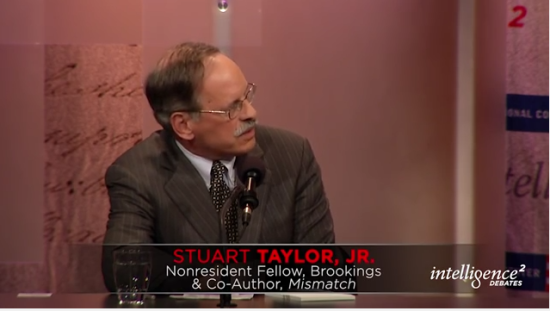The U.S. Court of Appeals for the District of Columbia Circuit issued the biggest gun control decision in decades on March 9, perhaps setting the stage for the biggest Supreme Court gun control decision ever. Rejecting the views of most other courts, Judge Laurence Silberman held for the 2-1 majority, "The Second Amendment protects an individual right to keep and bear arms" — not just to have guns when needed for service in now-defunct state militias. On this basis, the majority struck down the District of Columbia’s uniquely broad ban against having either a pistol or an operational rifle, even at home for self-defense against intruders.
The decision, Parker v. District of Columbia, is right and should be affirmed. And contrary to a widespread myth, confirmation by the justices that Americans have an individual right to keep and bear arms would not invalidate reasonable gun control laws.
To put my own biases on the table: I don’t hunt or own a gun. I support reasonable gun controls but consider the D.C. law unreasonable. I had never fired a pistol until a recent vacation trail ride, when I missed a large target with all six shots. This amused my 19-year-old daughter, who scored five out of six.
Now to the Second Amendment. It states: "A well regulated Militia, being necessary to the security of a free State, the right of the people to keep and bear Arms, shall not be infringed."
For decades, most courts and legal scholars have treated this as essentially a dead letter. Their reasoning goes like this: The amendment’s first clause means that its sole purpose was to guarantee each state a collective right to have self-armed private citizens available as a military force-in-waiting (militia) to fight off federal encroachments; therefore, the second clause protects no individual right; state militias long ago became defunct; so the Second Amendment is an inoperative historical anachronism.

